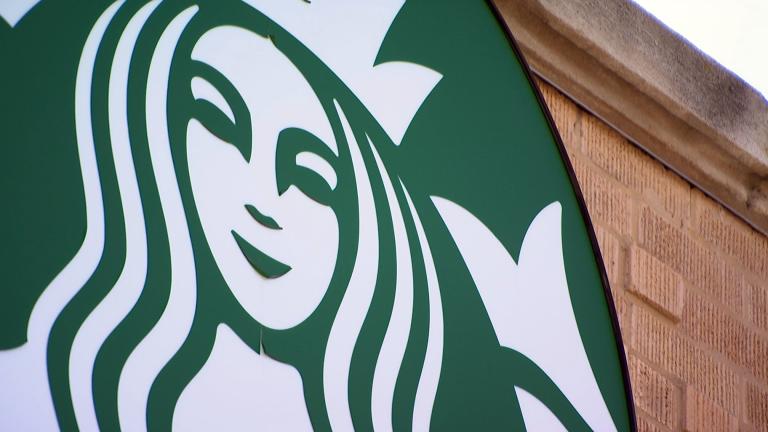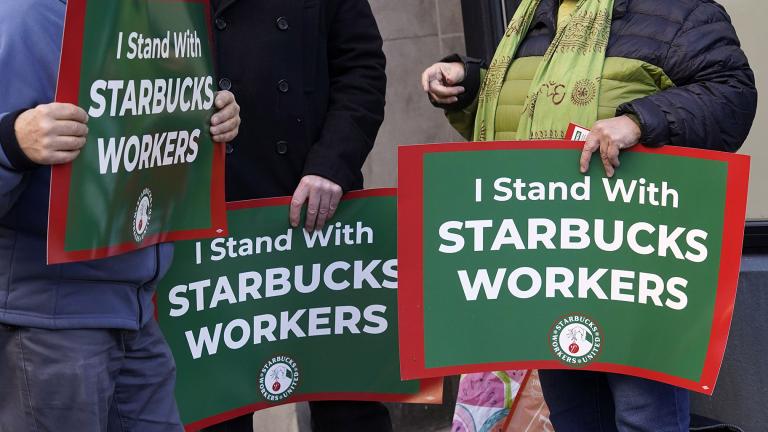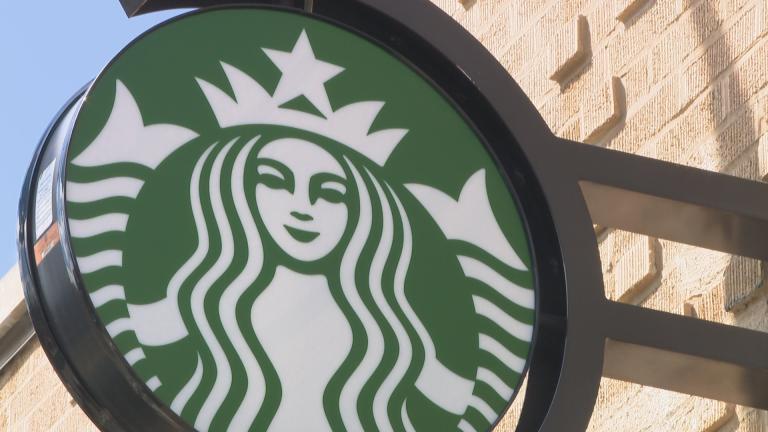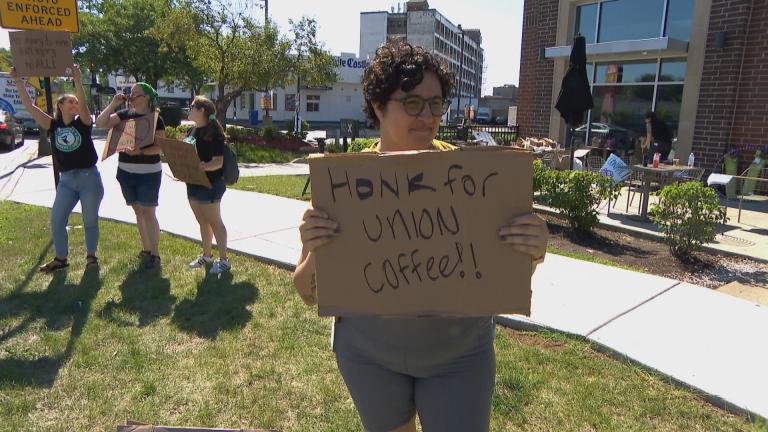House lawmakers heard testimony Wednesday on barriers workers say they face to organizing, and what pro-business groups and Republicans in Congress call Democratic overreach.
The Democrats who called the hearing of the House Education and Labor Committee say there’s been a huge spike in interest, with worker requests for union representation up 60% in the first three quarters of this year.
Employees have organized at big-name companies like Apple, Amazon, Chipotle, Trader Joes – and Starbucks staffers from hundreds of locations around the U.S., including eight in the Chicago area.
Many workers, union organizers and Democratic elected officials call it a new labor movement. But Starbucks was called out frequently during the hearing for allegations of union-busting techniques.
One of the witnesses was barista Michelle Eisen, who works at the first union Starbucks location in Buffalo, New York.
“They went from offering us the world if we voted no to threatening to take away our benefits if we voted to unionize. And when that didn’t work and we won our union anyway, they began to discipline us, then fire us, then permanently close our stores,” Eisen said. “As our campaign moved from Buffalo to a national scale, so did Starbucks’ union busting.”
Eisen and Democratic lawmakers pointed out that Starbucks is facing hundreds of allegations of violating labor law, including some 200 in Buffalo alone, where the now-nationwide organizing effort began. Those charges including firing and disciplining pro-union workers, surveilling employees, and closing stores that organized or that the company thought would.
Starbucks has consistently denied these claims to WTTW News, saying multiple times that “any claims of anti-union activity are categorically false” and that the company “will be prepared to defend (its) case.”
The hearing also had a political purpose. Democrats are trying to drum up support for the PRO Act, which has passed the House but is stalled in the Senate. That bill would do things like giving the National Labor Relations Board far more legal power to enforce labor law.
Republicans on the committee think the law is an overreach, saying workers’ rights are already protected, including their right to choose whether they want to be in a union. (The PRO Act would also override state right-to-work policies.) GOP lawmakers also say this bill is more about Democrats’ campaign funds than worker rights.
“Unions send huge portions of their worker-funded war chests to Democrat political organizations, campaigns, and left-wing organizations. It’s no wonder Democrats kowtow to union bosses,” said Rep. Virginia Foxx (R-North Carolina.) “Yet being pro-union does not being pro-worker, and in too many instances workers and job creators are being harmed by unions.”
Republicans also say union backers are overlooking that just a fraction of the thousands of Starbucks cafes in the U.S. have organized.
But law professor and former NLRB attorney Matthew Bodie says he’s surprised by how quickly the organizing spread. The first Starbucks location voted to unionize in December, and there are now 238 unionized Starbucks coffee shops, with 323 more that have petitioned for an election.
“I have not seen any campaign of a national brand like Starbucks be as successful in organizing one by one, individual locations,” Bodie said. “Every week, there’s a new location that’s either petitioning for a union or voting on the union. They don’t have a 100% success rate, certainly, but they have a very high percentage of success.”
But after employees vote to unionize, they have to negotiate a contract. Workers say they hear little to nothing from the company.
“We’ve sent out mass letters on behalf of stores across the country and we haven’t heard anything back,” Chris Trascapoulos, an Edgewater barista and a member of the national bargaining committee, told WTTW News last month. “It’s frustrating. We want to work in good faith, and they keep saying they want to as well, but we just don’t hear back from them.”
“When a response does come in, it looks like an automated response: ‘Thank you for sending your demand to bargain, we look forward to talking to you,’” Eisen said.
Bodie says delays can be a tactic for a company like Starbucks, and that the traditional worker response would be a strike. But that could be challenging for retail employees with so many locations.
“If a Ford factory is shut down by a strike, that could have a huge impact on Ford. If one location of Starbucks is shut down from a strike, Starbucks is probably not really going to be all that affected by it,” Bodie said. “That will, I think, be the next challenge for the union is trying to make it more regional. Maybe all the Starbucks in Dallas go on strike, or all the Starbucks in Chicago go on strike, if they could coordinate to that level.”
If Democrats get their way, workers might not need to consider striking – one of the provisions of the PRO Act would require employers to start bargaining within 10 days of a request from workers whose union election has been certified as successful.
Note: This story will be updated with video.
Contact Nick Blumberg: [email protected] | (773) 509-5434 | @ndblumberg







